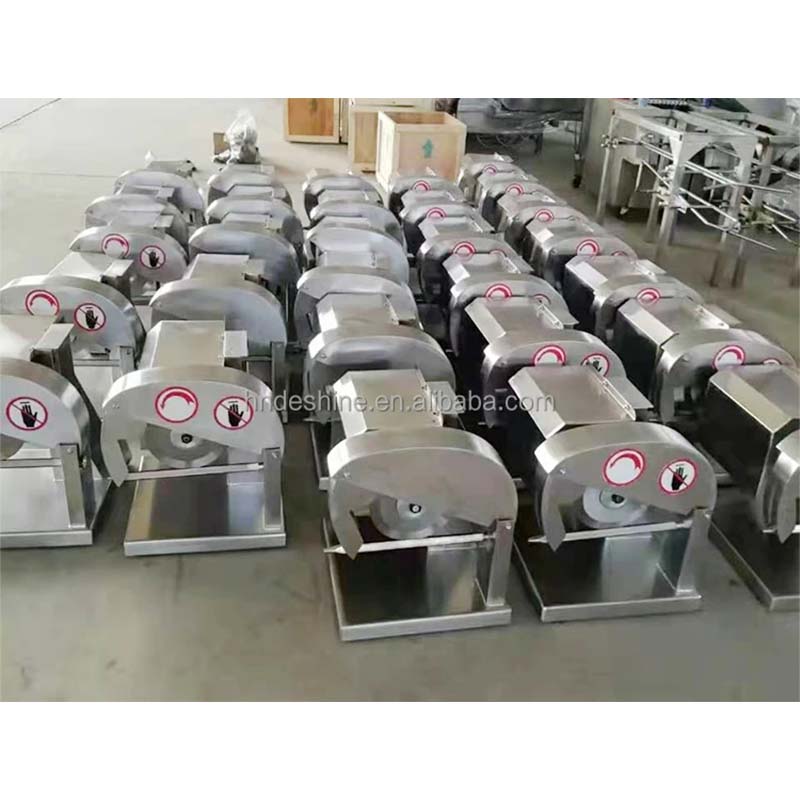Optimizing Boiler Exhaust Fan Performance for Enhanced Efficiency and Safety
Dec . 05, 2024 06:27 Back to list
Optimizing Boiler Exhaust Fan Performance for Enhanced Efficiency and Safety
Understanding Boiler Exhaust Fans Essential Components for Industrial Efficiency
Boiler exhaust fans play a critical role in the efficient operation of industrial boilers. These fans are designed to handle the exhaust gases produced during the combustion of fuel, ensuring that emissions are managed effectively and safely. In this article, we will explore the importance of boiler exhaust fans, their operational principles, and their contributions to overall energy efficiency in industrial settings.
The Role of Boiler Exhaust Fans
Boiler exhaust fans serve as vital components in the overall combustion system. When fuel is burned in a boiler, it produces exhaust gases that can contain harmful pollutants, such as carbon monoxide and particulate matter. The primary function of an exhaust fan is to expel these gases from the boiler system and facilitate a continuous airflow that supports combustion. This process not only helps in maintaining optimal combustion conditions but also ensures compliance with environmental regulations.
Operational Principles
The working principle of a boiler exhaust fan is relatively straightforward. The fan creates a negative pressure in the combustion chamber of the boiler, drawing in air and expelling exhaust gases. This continuous flow of air is crucial for maintaining the right mixture of fuel and air, which is essential for efficient combustion. Most boiler exhaust fans are driven by electric motors, allowing them to operate at various speeds depending on the system's requirements.
Exhaust fans can be of different types, including centrifugal fans and axial fans. Centrifugal fans, known for their higher pressure capabilities, are commonly used in applications requiring the movement of large volumes of flue gas. On the other hand, axial fans, which provide lower pressure but higher flow rates, are often utilized in smaller systems. The selection of the appropriate fan type is critical to ensure that the boiler operates efficiently.
Design Considerations
When designing a boiler exhaust fan system, several factors must be considered. These include the type of fuel being burned, the temperature and composition of the flue gases, and regulatory requirements for emissions. High-temperature and corrosive exhaust gases may necessitate the use of specialized materials for fan construction to prevent deterioration over time.
boiler exhaust fan

In addition, proper sizing of the fan is essential to ensure that it can handle the specific volume of exhaust gases produced by the boiler. An undersized fan may lead to inadequate airflow and poor combustion efficiency, while an oversized fan could increase energy consumption unnecessarily.
Impact on Energy Efficiency
One of the significant benefits of properly designed and maintained boiler exhaust fans is their contribution to energy efficiency. An efficient exhaust fan helps to optimize combustion processes, ensuring that fuel is burned more completely. This not only results in lower fuel consumption but also minimizes the release of unburned hydrocarbons and other pollutants into the atmosphere.
Moreover, innovations in fan technology, such as variable frequency drives (VFDs), have enhanced the ability to modulate fan speed based on real-time operational demands. This adaptability allows for further energy savings, as the fan can operate at lower speeds during periods of reduced load, thus conserving electricity.
Maintenance and Monitoring
To ensure the continuous operation and efficiency of boiler exhaust fans, regular maintenance is essential. This includes routine inspections, cleaning, and replacement of worn-out components. Monitoring systems can also be installed to provide real-time data on fan performance, allowing operators to make informed decisions regarding maintenance and operation adjustments.
Conclusion
In conclusion, boiler exhaust fans are indispensable in industrial settings where boilers are a primary source of heat and energy. Their ability to effectively remove exhaust gases not only supports safe and efficient combustion but also aids in compliance with environmental standards. By investing in quality fan systems and adhering to maintenance protocols, industries can enhance their operational efficiency and contribute to a more sustainable future.
-
Automatic Feeding Line System - Anping Yize | Efficiency&Durability
NewsJul.29,2025
-
Automatic Feeding Line System - Anping Yize|Poultry Efficiency&Durability
NewsJul.29,2025
-
Automatic Feeding Line System-Anping County Yize Metal Products Co., Ltd.|Durable PP Material&Easy Maintenance
NewsJul.29,2025
-
Automatic Feeding Line System-Pan Feeder Nipple Drinker|Anping County Yize Metal Products Co., Ltd.
NewsJul.29,2025
-
Hot Sale 24 & 18 Door Rabbit Cages - Premium Breeding Solutions
NewsJul.25,2025
-
Automatic Feeding Line System Pan Feeder Nipple Drinker - Anping County Yize Metal Products Co., Ltd.
NewsJul.21,2025






